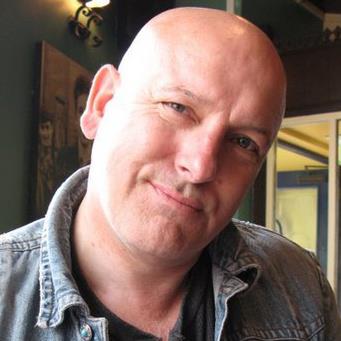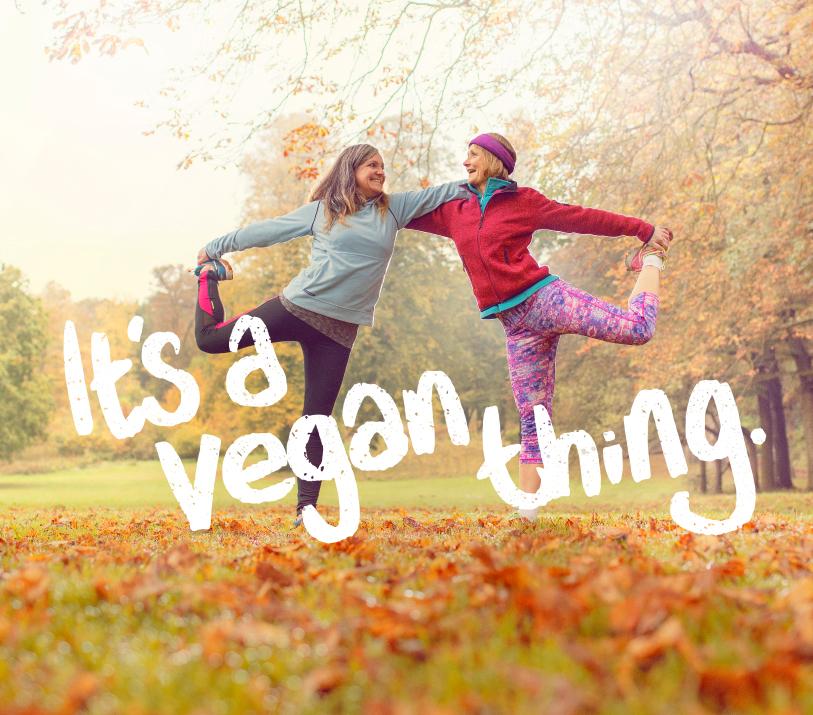The English Language:
The grammar police hate the fact that the language is and always has been in permanent evolution. Every generation make tweaks to words and phrases. Arguably the fastest change has occurred since the emergence of the internet where, again arguably, the English language is the dominant force.

During a short service in the army I quickly learned a whole subculture of the English language. And I’ve noticed Tim Rees uses terms that would only be familiar to military personnel. Sitrep, for example, a word that means situation report and it is a word he needs to explain to the reader.
Now there is a whole new subculture, mainly youth driven, that is evolving so fast it is hard to keep up. Lol, for instance, an internet abbreviation that means ‘laughing out loud’, I have recently heard being used in normal everyday conversation. I overheard one young lady in a café feel the need to vocalise the word lol, when chuckling at something a friend had said.

What would the doyen of the English language think about all this? Yes, of course I refer to William Shakespeare. Well, whilst Shakespeare would struggle to understand the English language today, were we to sit down and talk to him, we would struggle to understand a word he said. His use of words and phrases, not to mention his pronunciation, would seem so strange I would argue it would be like listening to a foreign language.
We must never forget that change is vital to life. We look at every aspect of life and observe that change is the birthplace of life. And so it is with language. To use an analogy of a pond: the pond remains healthy only so long as it is provided with a fresh source of water. Cut off the fresh water entering the pond and the water quickly becomes stagnant.
Then main reason I’m writing this article is due to my surprise at the most recent change that at the moment is only beginning to seep into use and is being pushed by a very small percentage of the population. I fully support LGBT rights to be free of prejudice and that we all fully embrace all humanity as equal members of today’s society. But how will the new sexual identity with the label Non Binary change language? I find it an interesting question that novelists today will need to begin thinking about, because the Binary identity comes with a very interesting twist for the evolution of language. Apparently, Non Binaries don’t want to be referred to as he or she and would prefer we use the pronouns they and them.

The reason for language is to communicate and when we communicate we should and must aspire to convey information with the greatest clarity. In my opinion they and them are terms that will obfuscate clarity when it comes to referring to characters in a book. But who am I? Language will continue to evolve and this is, perhaps, another change that will prove fresh water for the pond.
On an amusing note, should overtime, the English language become increasingly gender neutral, English won’t be affected as much as French and Spanish, which rely heavily on gender where even verbs are either male or female. Nightmare scenario for both those European languages.
However, I do hope that we, humanity, don’t lose sight of the fact we are creatures born into the natural world and almost all life forms, mammals anyway, are either male or female. Yes, humans can now change sex through surgery, but they are changing from one sex to another and remain easy to define. But for a man or woman to announce they are neither sex will not only challenge society, but will revolutionise language.

For many years I have argued for animal rights and for many years it was like swimming against the current to be vegetarian, let alone vegan. But in recent years veganism has become increasingly popular and now the shop shelves are being stacked with meat-free products. Now society is being urged to eat much less meat and many people are becoming vegan. The change has happened quickly. Will we see the same change in language? At the moment it is becoming fashionable in America to ask what pronouns to use when being introduced to someone and what’s fashionable in the USA will soon be fashionable in the UK. At the moment I’m using the word fashionable, but will this new change in language prove to be a major cultural shift? Could ‘The Vegan Thing’ suddenly become ‘The Language Thing’? Time will tell…